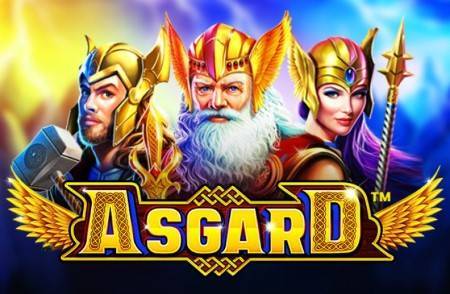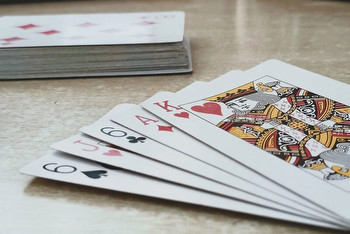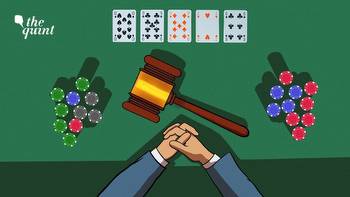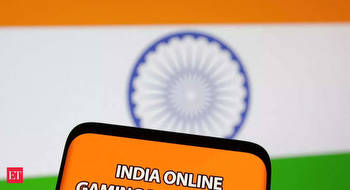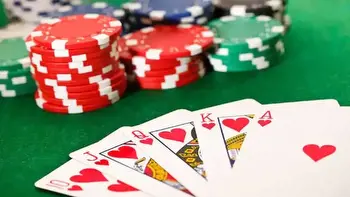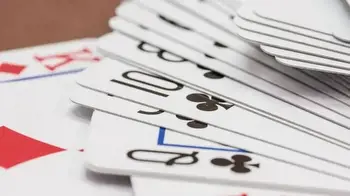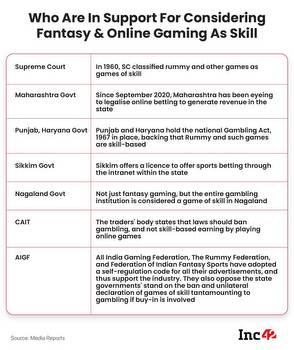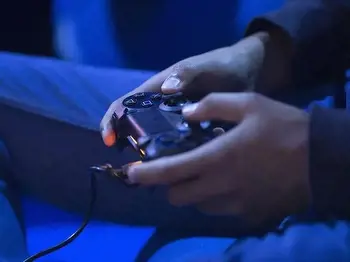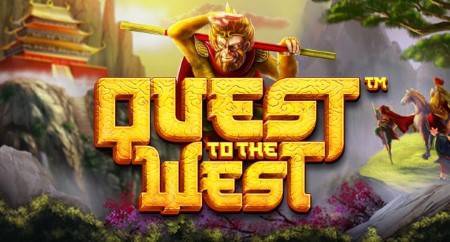Online Games: How to protect people without harming the industry
Why are some state governments banning online games?
The state governments, especially in the South, in their intent to protect consumers from falling into a debt trap, banned the entire bouquet of online games, including games of skill and all online games in the ambit of betting and gambling. In 2017, Telangana promulgated a ban on online gambling and betting. Three years later, Andhra Pradesh followed suit, and in the same year, Tamil Nadu amended its laws to ban online gaming. However, the Madras High Court struck down the Act. In 2021, Kerala brought a ban on online rummy, but this was lifted by the Kerala High Court. Karnataka banned games that are by nature “games of chance”.
On what grounds are they doing so?
The states are exercising their authority under the Public Gambling Act of 1857 to frame laws around chance-based gambling. They alleged that online gaming lured people to gambling, an element of cheating was involved and was becoming harmful to society, and suicides have also been reported due to online gaming. The Kerala government said there was an element of cheating involved. The former AIADMK- led government in Tamil Nadu said innocent people- mainly youngsters- were cheated, and some committed suicide. The current DMK-led government said online gambling and online games are addictive and increase the threat to public order manifold while posing difficulties in terms of designing appropriate regulation.
What have the Courts said on this issue?
The various Court rulings have emphasised a clear distinction between Games of Skill and Games of Chance. On rummy, the Supreme Court held that it is a game of skill. On poker, the Calcutta High Court said that it does not amount to gambling. Similarly, the Karnataka High Court stated that poker is a game of skill. In the Fantasy Sports Games, the Punjab & Haryana High Court held that its format involves a substantial degree of skill, thereby classifying it as a game of skill. An appeal against this judgement was dismissed by the Apex Court. The Madras High Court held that wherever the better skilled would prevail is a game of skill. It also reinforced that rummy and poker are games of skill, distinct from gambling or a game of chance.
How has the gaming industry reacted to this development?
The gaming industry has welcomed moves by various state governments to protect players, but says they are unable to distinguish between games of chance and games of skill. The industry is against the ban, which they claim will only be counter-productive and see legitimate operators leaving. This was witnessed in Telangana in 2020 where a Chinese company set up an app and a scam of around ₹1,200 crores surfaced. When the entire industry was banned in Telangana earlier, the industry was not worth that much. The government should implement a robust regulatory framework that safeguards players by encouraging responsible gaming and helping the legitimate skill gaming operators grow while weeding out the illegal gambling operators where people tend to negatively affect themselves. The industry says that games such as rummy, fantasy, poker and chess are skill-based games judicially protected under Article 19(1)(g) .
How big is the online gaming industry?
India has emerged as one of the fastest-growing gaming markets in the world. Currently valued at $2.2 billion, the Indian gaming market is poised to reach $5 billion by 2025. Around 420 million players across the country enjoy online gaming as a form of entertainment. The sunrise sector has also shown tremendous promise and the presence of three gaming unicorns among 400+ gaming companies and more than 15,000 gaming developers indicates the massive potential of the industry.







